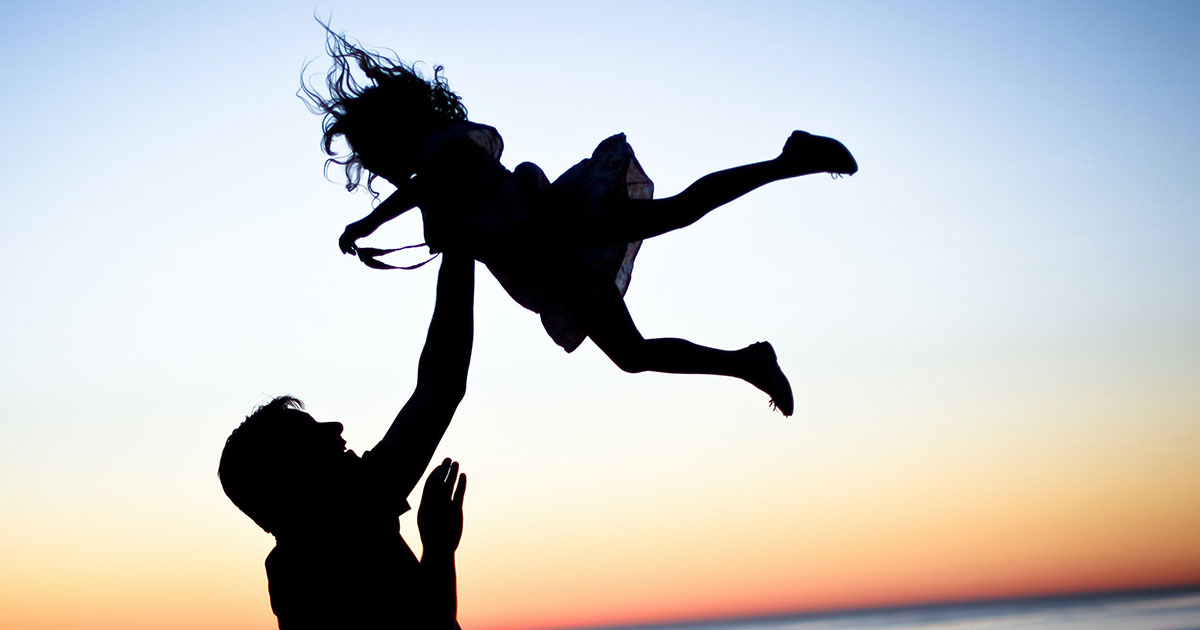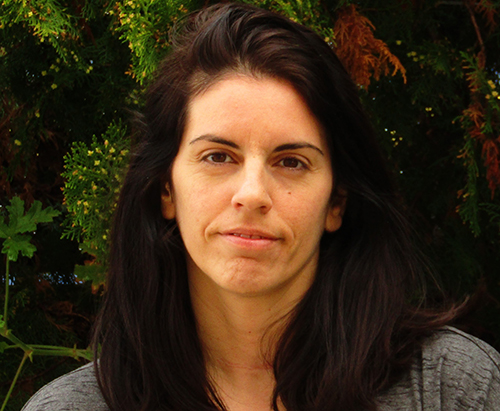GAZE
★ ★ ★ ★
How to teach our kids to fly

Image by Lauren Lulu Taylor
By Irena Ioannou
Parents, parents! We make sure that our children learn foreign languages, take guitar and ballet lessons, and yet we often fail to teach them basic skills that will facilitate transition into adulthood. Only around adolescence do the warning signs appear and we start suspecting that we have not been raising adults-to-be. We have been raising children, for eternity.
Our feelings and view on life is not the issue here. It is the way we undermine our children’s future by wrongly prioritizing the knowledge they need. On our parenthood journey we sometimes forget to teach what we have learned the hard way, lessons which more likely our parents forgot to teach us as well.
Not everyone will like us
We are going to come across hundreds, maybe thousands of people during our lifetime. Be it classmates, bosses, neighbors, or co-workers, and not everyone will value our existence in this world. Not everyone will think we are a gift to humanity or value our contribution, as not everyone is our mother. Some of our acquaintances may even downright hate us.
This is normal. We don’t like everyone we meet, do we? The harsh realization that certain people will dislike us, because they don’t know us or care to get to know us, or the opposite, because they know us too well, may save us from a lot of self-destructive life habits including compulsions to constantly please other people. Or, to bend our needs in trying to fit in, and watch ourselves through other people’s eyes.
Opportunities will not be served on a silver plate
We have to look for them and chase them. We have to learn to negotiate. This presupposes not being afraid of people and not caring what other people think of us. As parents we tend to raise our children inside bubbles, as it is the only way we know of how to protect them. We try to shield our kids from coming into contact with the strange and the unknown. We reply to questions aimed at them, explain to their teachers why they haven’t done their homework, and drive them everywhere so that they don’t wait for the bus, or walk. We try to limit their unpleasant experiences but as a result we strip them of the necessary tools to fight adversities.
Yet life is full of unpleasant experiences. As we try to find our way in the world, we will meet bosses less qualified than us and people in power who dismiss us. No one will ask for our opinion or accommodate our needs, unless we make ourselves visible. At some point this will involve direct confrontation and we will need to not find ourselves at a loss for words when we need them the most. Today, we often raise children who speak three languages but have no idea of how to ask for a pay raise, or declare that they are not ready to have sex.
We must trust in our own power
We repeat so often that our children can become anything they want but without ever having tested their powers our words will fall on deaf ears. Or our children will be overwhelmed when the first obstacle crosses their path. Because even if the streets are paved for their success, there will come a point in life where they will face a crisis and the way they respond to that crisis will define them.
Not everyone has the strength to take challenging or uncomfortable decisions unprepared. The learning journey is a step-by-step process. First, children must learn to take the bus in rush hour, then to do the household shopping on their own, and only after can they move to a different city to work. If, for instance, we suddenly send our child abroad to study without them having taken the trash out once in their lives or without knowing how to cook, chances are they will have a stressful and rough start. Chances are they will get overwhelmed and fail on many levels.
Success does not guarantee happiness
Having around you people that care, helps. Loving yourself, your body and your weaknesses also helps. Having the ability to recognize toxic people and the strength to steer clear of them is paramount. But to have sound judgment we have to practice it by taking our own decisions. We also have to learn from our mistakes.
Perhaps it can all start with withstanding peer pressure at school or way before, with putting limits within the family. By learning to return as much as we receive, we will also learn not to give to people who only take. The ability to be happy in our own skin and not having the need to be constantly around people is a much-undervalued lesson. Yet, it is the only way we can walk away from people without regret the moment the need arises. Small steps are what we need so that in the future we can fly.

Irena Ioannou writes from Crete, Greece and her work has recently appeared in Crannóg and Betty Fedora. She is currently working on her first novel. She is a mother of five.
























0 Comments